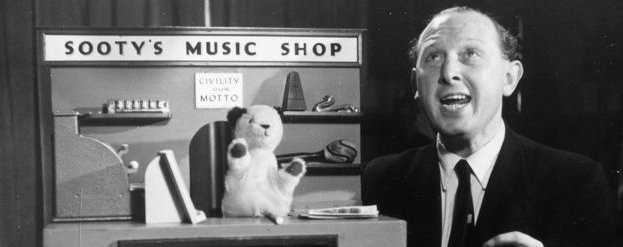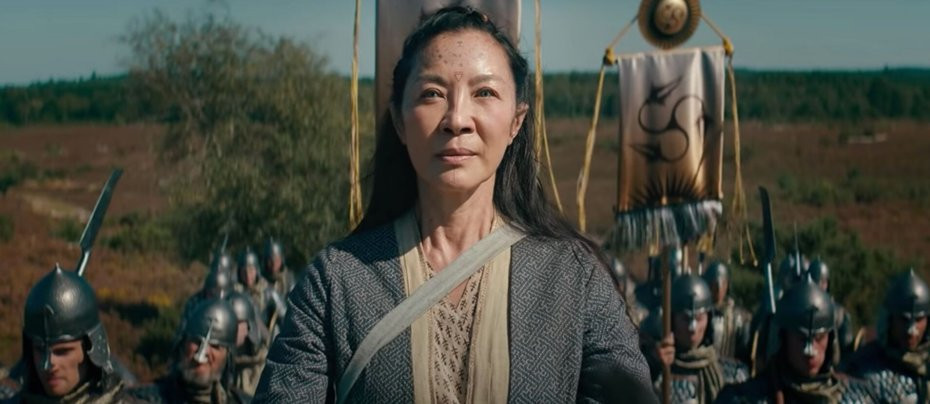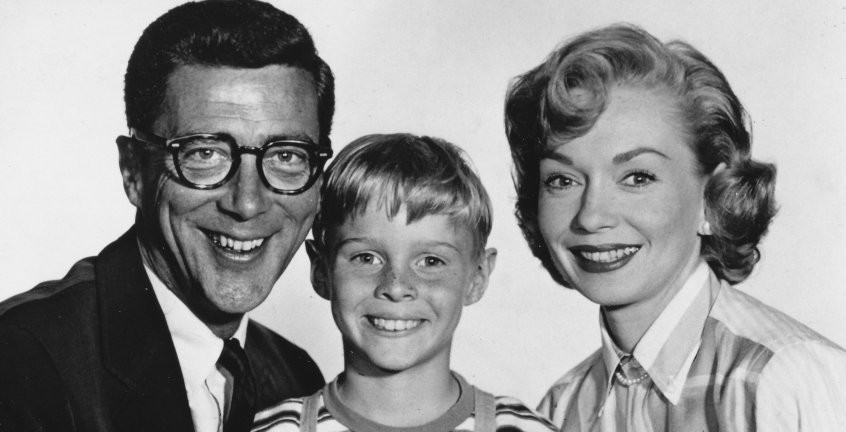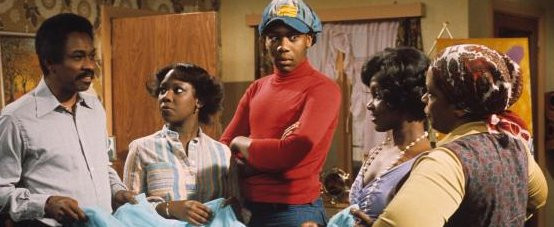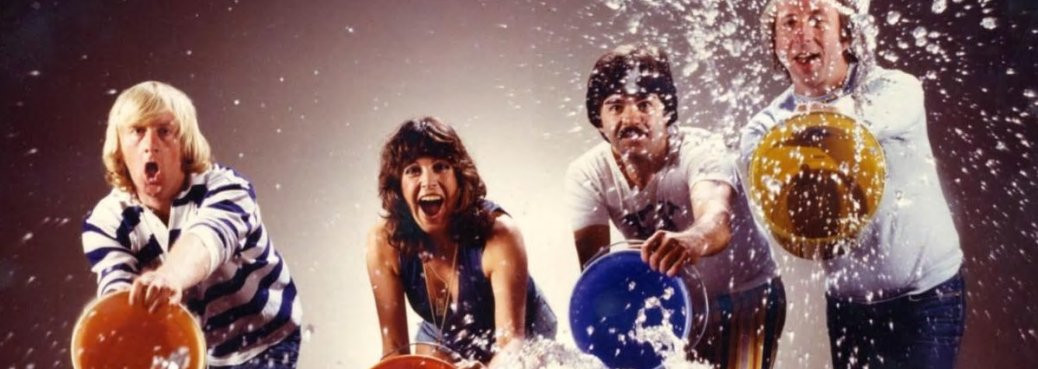
Tiswas
1974 - United KingdomChaos, Custard, and the Children’s TV Revolution
When TISWAS (Today Is Saturday: Wake And Smile) first burst onto screens in the Midlands in 1974, few could have predicted the glorious mayhem it would unleash across British children’s television. What began as a regional experiment rapidly evolved into a cultural phenomenon that redefined Saturday mornings – replacing safe, sedate family fare with an anarchic, custard-drenched carnival of slapstick, satire and surrealism.
Presented with manic glee by Chris Tarrant and co-hosted by the ever-glamorous Sally James, TISWAS tore up the rule book. Out went wholesome chats and tidy jumpers; in came pies to the face, water buckets over the head, and jokes that often nudged the limits of what children’s TV could get away with. Before it gained full network coverage – a process that took several years – many ITV regions chopped and changed its content, nervously swapping segments for cartoons. But no amount of regional censorship could suppress the show’s unstoppable rise.
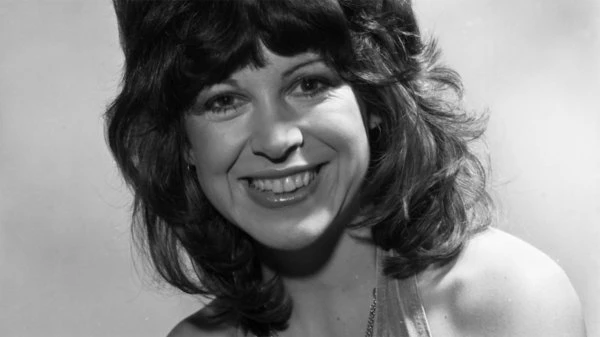
Part of its magic lay in the unforgettable cast of characters and performers it nurtured. Lenny Henry – fresh from New Faces – donned a dodgy wig and moustache as newsreader Trevor McDonut, a hilarious send-up of the suave Trevor McDonald. Bob Carolgees, meanwhile, became a household name thanks to Spit the Dog, a gloriously grotty puppet with a surprisingly expressive personality. Carolgees later introduced an entire menagerie, including Charlie the Monkey, Cough the Cat, and the escapologist spoof Houdi-Elbow.
John Gorman (ex-Scaffold), Trevor East and an ever-revolving door of guests and semi-regulars (including Crossroads’ Paul Henry, a young Sylvester McCoy, comedian Frank Carson, and David Rappaport) brought their own madcap flair to proceedings. Rappaport's spoof of Blue Peter, called Green Nigel, gleefully mocked the straight-laced tone of traditional kids’ programming.
Perhaps most notorious were the recurring spectacles of “The Cage” – where audience members, often bemused parents, were doused in water, spaghetti and baked beans while pop stars and celebrities gamely played along. Few guests left the studio with their dignity – or clothes – fully intact.
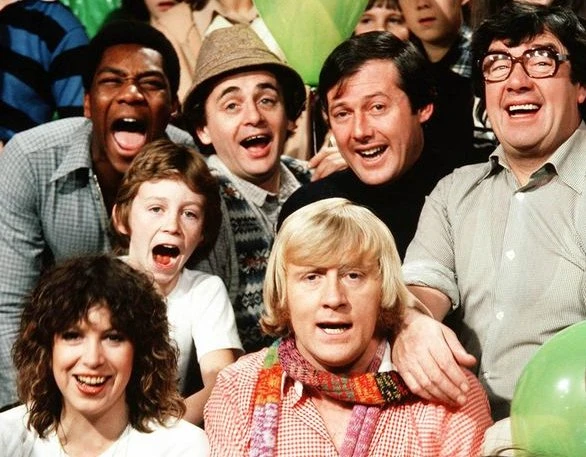
The Phantom Flan Flinger and his “lovely” wife Flanella added to the comic chaos, providing an absurdist slapstick edge that felt closer to Monty Python than Playschool. The whole thing felt spontaneous, unfiltered, and gloriously unpredictable – a stark contrast to the BBC's tidy, well-behaved Multi-Coloured Swap Shop, fronted by the relentlessly wholesome Noel Edmonds.
TISWAS didn’t just entertain – it infiltrated the culture. It became so popular among adults that a late-night spin-off, OTT (Over The Top), was launched in 1982. Hosted by the same team, joined by Helen Atkinson-Wood and a then up-and-coming Alexei Sayle, it aimed to recreate the chaos for a grown-up audience. But OTT arguably lived up too well to its name, prompting controversy and cancellation after just one series.
In its prime, TISWAS was a glorious mess – a daring, often outrageous explosion of creativity and fun that appealed equally to children and their parents. It was never about polish or polishability – it was about raw energy, gleeful irreverence and an unashamed love of absurdity. It showed that children’s television could be loud, smart, silly and subversive all at once.
TISWAS was, unquestionably, nothing short of revolutionary. It dared to break the mould, to mix custard with commentary, to make kids laugh while slyly nudging adults in the ribs. In doing so, it paved the way for a new kind of children’s television – one that wasn’t afraid to take risks, push buttons, and throw a bucket of water over convention.
And for that, we still love it dearly.
Seen this show? How do you rate it?
Seen this show? How do you rate it?
Published on February 8th, 2019. Written by Marc Saul (2025) for Television Heaven.


